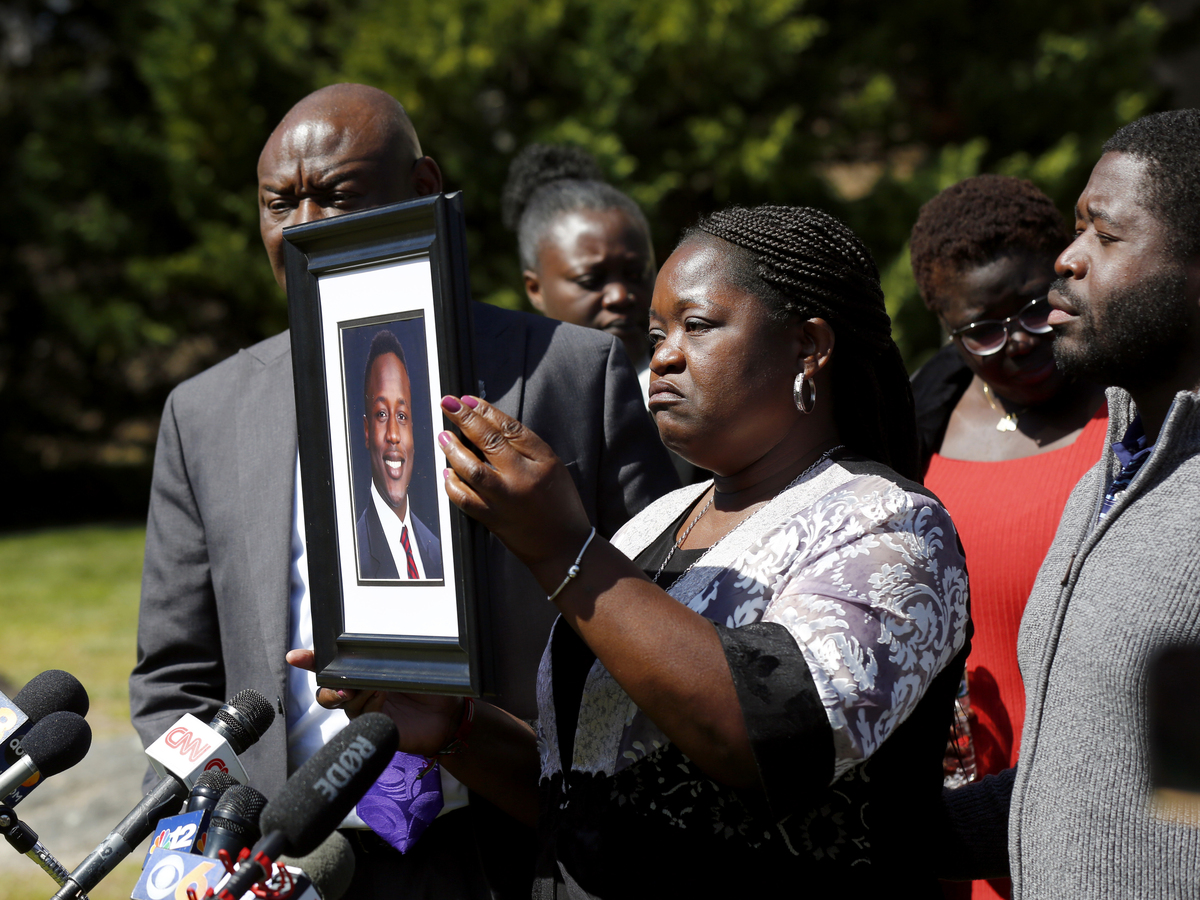
Caroline Ouko holds a portrait of her son, Irvo Otieno, who died in a state mental hospital on March 6, 2023. Daniel Sangjib Min/AP hide caption

Caroline Ouko holds a portrait of her son, Irvo Otieno, who died in a state mental hospital on March 6, 2023.
Daniel Sangjib Min/APBlack Americans are killed by police at more than twice the rate of White Americans. And there's a growing number of Black families who have to live with the pain of losing a loved one at the hands of police.
NPR's Juana Summers speaks with two women who have been living that reality for years.
Email us at
This episode was produced by Brianna Scott and Elena Burnett with engineering by Jay Csyz. It was edited by Ashley Brown and William Troop. Our executive producer is Sami Yenigun.

 Live Radio
Live Radio